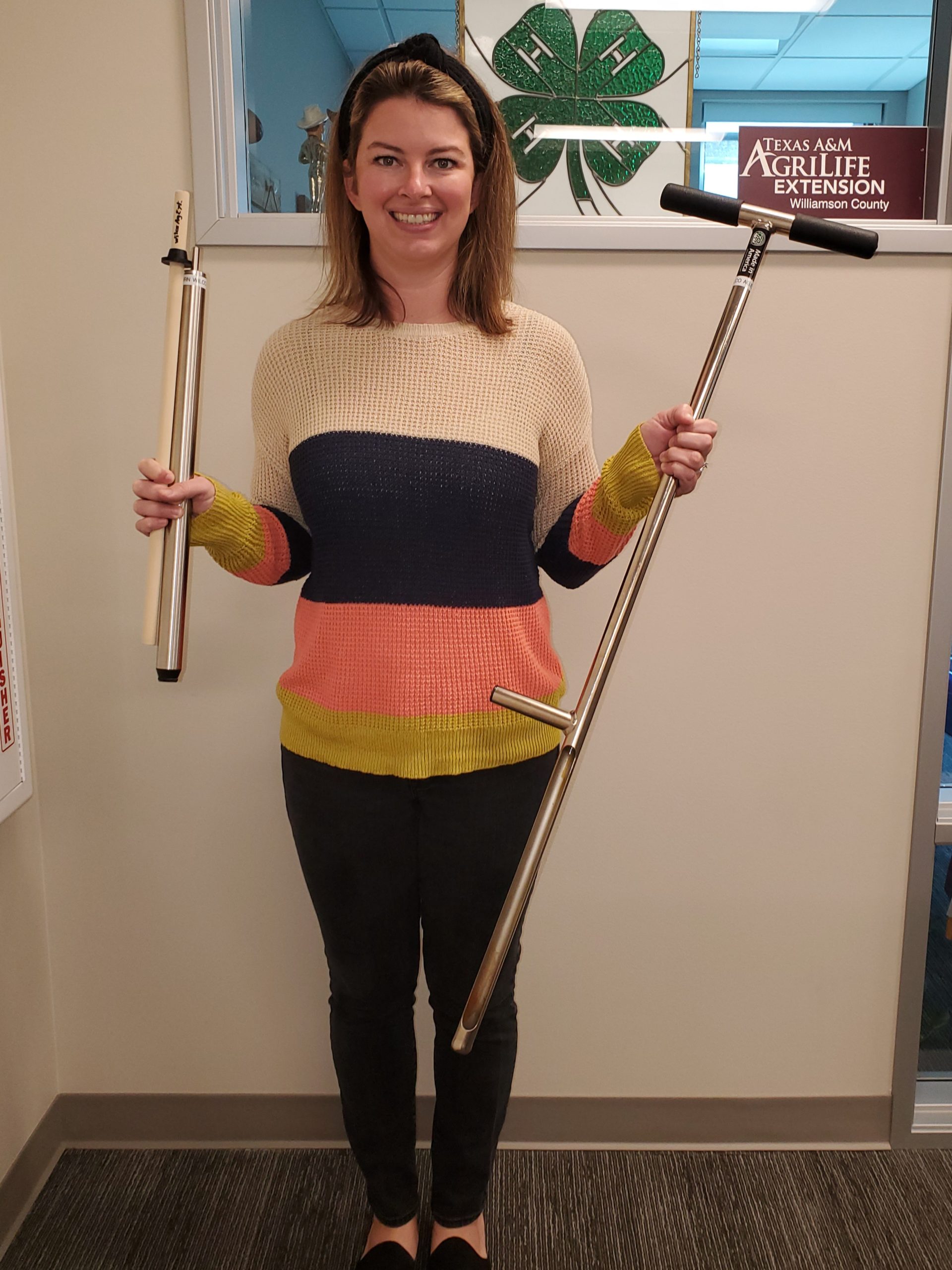It’s that time of year when weed control is on my mind. Winter weeds like henbit and clover are actively growing and making a nuisance of themselves. Just when you start to think you can take a break from lawn care for a couple months, all these pesky winter weeds start showing up.
We have some options to control winter weeds that are already up and growing. Fortunately, some of these control options will also help you stick to your fitness goals for the new year! One option for weed control is to mechanically remove the weeds either by hand pulling or hoeing them. If you have just a few weeds in your yard, this might be the best option.

If henbit or another winter weed has taken over your yard, mowing might be the best option. Mowing weeds will keep them from flowering and producing a seed head. This is a good preventative step for next year, it helps your lawn look better, and you get some extra exercise by pushing that mower.
If hand-pulling or mowing weeds is not feasible for you, we do have some chemical control options available. It’s important to note that herbicides work best when applied to weeds that are young and actively growing. Mature weeds that are already flowering have tougher “skin” and may not be affected by the herbicide. To treat broadleaf weeds that are actively growing, look for products with the active ingredients of 2,4-D or Dicamba. Atrazine will treat many grassy weeds and some broadleaf weeds, and it is usually found in products for St. Augustine lawns. Take care when spraying herbicides near ornamental plants and trees. Those are broadleaf plants also, and you do not want to spray on a windy day when the herbicide might be blown onto your good plants.
The great thing about post-emergent weed control products is that you can spot treat each weed, rather than broadcasting the herbicide over the whole lawn if it’s not needed everywhere. You can find these products in a ready-to-go spray bottle or in concentrated form that you mix in a small sprayer. Be sure to read the label for each herbicide. The print might be small, but the label will have great instructions on which weeds you can target, the best time to spray, and how much to use.
For more information about weed control, contact the Williamson County AgriLife Extension Office at 512-943-3300.

